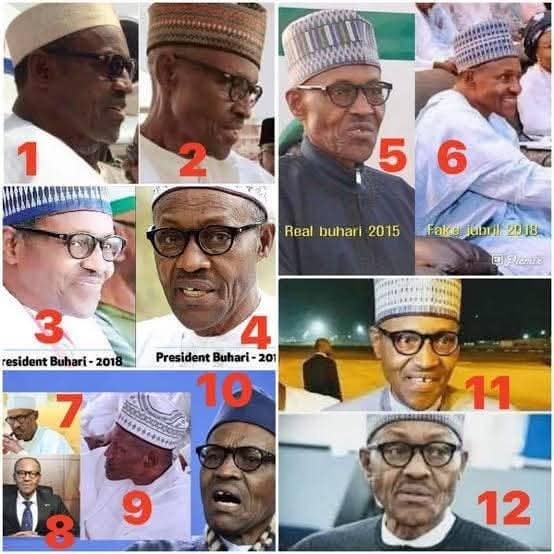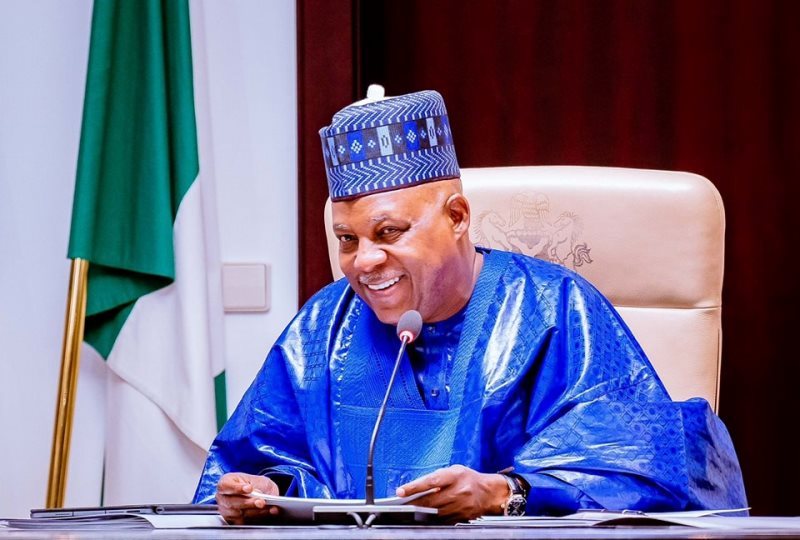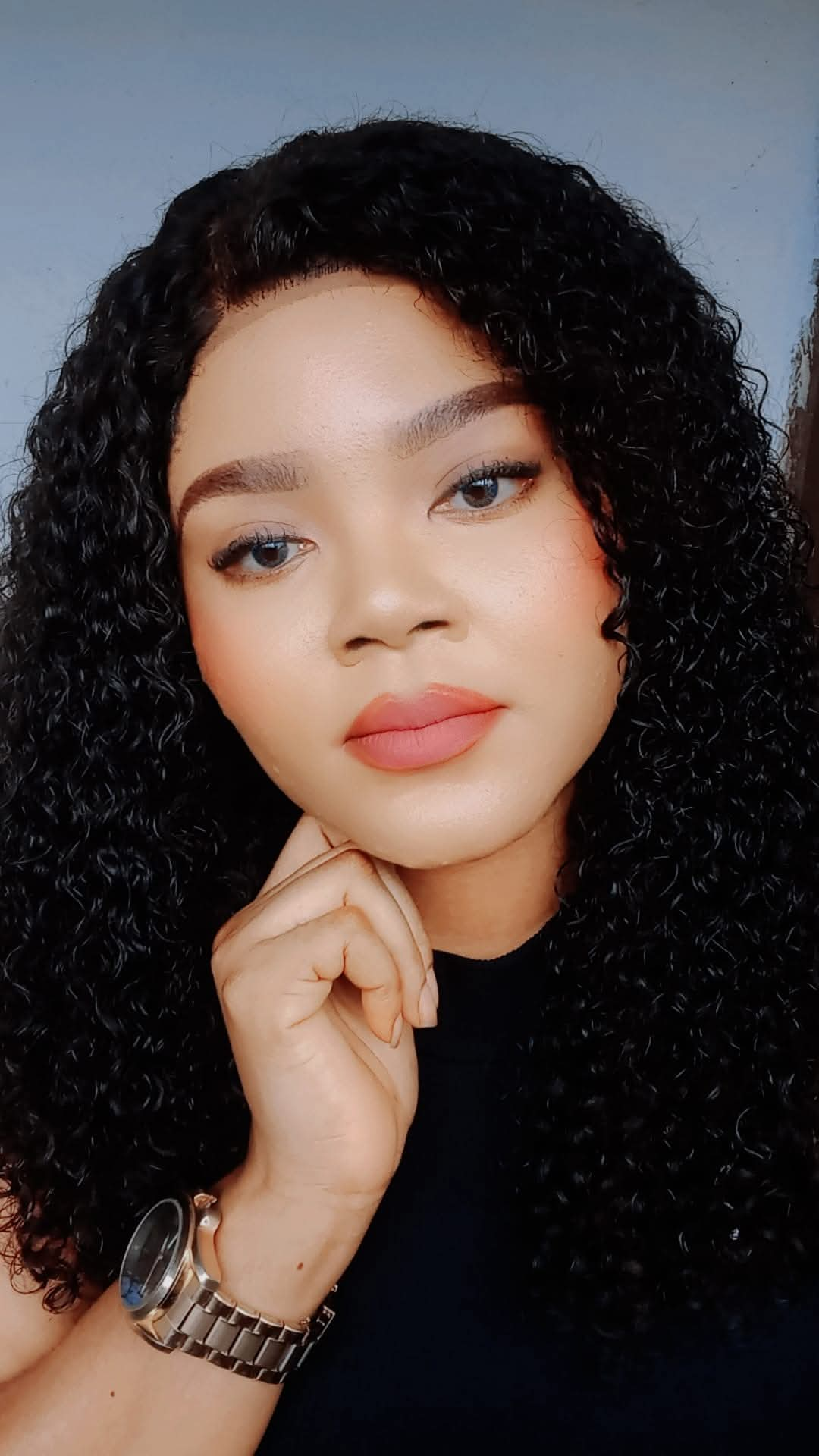By Dapo Thomas Determined to explore the opportunities inherent in formal competitive football tournaments and having seen the importance of football in enhancing unity among the various communities in Surulere, some of the elders representing strategic areas in Surulere came up with a laudable idea. They believed that playing just “sets” on the lovely pitches we had in Hogan Bassey Crescent (Elelubo) Ibukun Street (Paddington) and Ifelodun Street (Milo) was a waste of resources. The elders thus decided to do something creative with football . “Bros Attacker” was the natural representative of Hogan Bassey. De Oris and Jango Kuti represented Paddington while Cappy (Molayo Thomas) Oloyede Thomas, Broda Kwame and Broda Goddy represented Milo. They wanted something that would sustain the spirit of one Family in Surulere, particularly among the youths. They eventually decided to commence football competitions among different categories of the three zones- Elelubo zone, Paddington zone and Milo zone. There were three levels of participation namely: Senior Category, Intermediate Category and Junior Category. The senior category comprised Cappy (Molayo) Attacker, Lati Animashaun, Kekee, Egbon, Oloye (Oloyede), Jango Kuti, Kwame, Goddy, Bros Folly, Jolomi, Broda Bọbọ, Feyi (Ayo’s Mother), Azeez Nola, Rasheed Sulaimon etc.
The intermediate category consisted of Stillo (Musiliu Adigun), Mutiu Nola, Kayode, Okanlawon Adekoje, T’aiye Isu, Waidi Adigun, T’aiye (Ayo’s Mother), Muyiwa and Damọla Kuti, Latua, Dapo Thomas, Wale Liadi, Billy Kaka, Yinusa Lawal, Tunde Afinnih, Isiaka Adéyemí, Mufu (Murphy), Ganiyu Rufai, Gafar Agboluaje, Demola Benjamin, Bayo Benjamin, Taofeek Jìnádù, Kofo Thomas, Tunde Fadare, Dapo Adekoje, Sunday Amosu, Segun Omolodun, Taiwo Martins, Tunde Thomas ( Apapa) , Taye Sapara, Gbolahan and Demola Adewale, Taju Rajii and Kayode Balogun-Oluwa.
The Junior category had the following people: Waidi Akanni, Gani Akanni, Kalu Uzim, Sammy Ogunbiyi, Taju Adigun, Emeka Igbo, Razaq (Balinga) and Kehinde Balogun, Kunle Thomas (One Way), Niyi Thomas, Fuad Oki, Rotimi Thomas, Sogodo Amosu, Demola Dosunmu, Bukola Kuti, Lanre Fadare, Bunmi Akinyemi, Ìdòwú Martins and Ahmed Sulaimon.
Having established the structures in the early 1970s, the competitions commenced immediately with the junior category. It was Paddington Junior team versus Milo Junior team. Those who played for the Paddington team that day included Taju Adigun, Sogodo Amosu, Kalu Uzim, Sammy Ogunbiyi, Bukola Kuti, Ahmed Sulaimon, Rogba Adekoje, Viavour Amosu, Demola Dosunmu. On the side of the Milo team were Lanre Fadare, Niyi Benjamin , Rasaki Balogun, Jimi Haastrup, Bawu, Salami, Niyi Thomas, The Jìnádù brothers, Akin George, Emeka Igbo, Kunle Thomas (One Way) was their goalkeeper. “One Way” and Niyi Thomas are my brothers. They were both living with my father just across the road in Barracks while I was living with my great-grandmother on the other side of the road because my mother didn’t want me to live in “Ile olorogun” (polygamous home). My mother’s family house and my father’s house are separated by the Western Avenue road in Barracks. From the beginning of my Street in Ilelogo, you could stand there and be seeing what was going on in my father’s house. Yet, I had lived outside that house for more than 11 years. I could remember at some point, I was doing on and off shuttle. I could go to my father’s house in the night of Friday and I could return to my great-grandmother’s house in the morning of Saturday depending on when and how my father beat me. I prefered my mother’s way of beating to my father’s. He used “koboko” (a flexible whip made of horse tail) while my mother used hand and teeth if your offence was very serious. Even with the “koboko”, my father would still kick you with his legs and punch you with his fists. I opted for slap and bite instead of whip and kick. Ah, the difference was clear.
The match between Paddington Juniors and Milo Juniors took place one or two weeks after my mother beat and bit me. That match ended 3-0 in favour of Paddington Juniors. Everybody trooped to the field to celebrate the victory. Many of us joined the players to remove our clothes in jubilation as it’s normally done during victory lap. I enjoyed every bit of the celebration. Unexpectedly, a very strange person that I had never seen before tapped me on my right shoulder and asked me who bit me on my back. Innocently, I had wanted to tell him but because I had never seen him anywhere near my axis in Surulere, I snubbed him. He now spoke in Yoruba: ” Lo fi omi àgbède sí ojú e, gbogbo eyin eyan yen ma ka patapata”. In simple english, he wanted me to rub the two bitten spots with blacksmith’s water so that my mother would lose all her teeth as a punishment for biting me. I became enthusiastic in this mythical theory. We had been told such myths before but there was no empirical validation of most of these myths. We played the “suwe game” a lot in those days. They told us to always rub off the “suwe” lines at the end of the game otherwise one’s mother would die the moment a housefly landed on it. None of the deaths of the mothers that occurred at that time was convincingly traced to any “suwe” lines. For these reasons I became interested in the man’s experimentation. He asked me to follow him and I did. I was confident nothing would happen to me despite the fact that the issue of kidnapping (Gbomogbomo) was rife even at that time. Remember, I said that Alfa Ligali had called me “Abiku” and I believed him because as an Alfa, I thought he had a higher knowledge of the supernatural to know who was Abiku or who was not. So, he must have noticed some weird things about me. Also, in some of our uninformed and loose discussions in the field after we must have finished playing “sets” for the day, somebody had said that “Abiku” cannot be used for money ritual. I believed that too. In less than 5 minutes, we were at the blacksmith’s place at Tejuoso Compound. The man told him our mission and the blacksmith wanted to know what we wanted to use it for. The man replied that we wanted to put it on the wound that was on my right leg. Yes, I had what I would call a “strategic wound ‘ on my right leg. It had been there for two years or more. I kept nurturing it so that it would not heal and it would not get worse. It was not too big nor was it very small. I created it myself when I realized that I could use it to legitimize my truancy and enjoy the privilege of leniency. In my school then, if you had a bad wound like mine , you would be allowed to go and dress it once in a week at Yaba Model Primary School on Nathan Street, Yaba. Though we had a small First Aid corner in my school with a box loaded with Phensic, Cafenol and plasters, it could not handle my wound. So, I was officially permitted not to come to school on Wednesdays for a very long time on the pretext that I was going to dress my wound . Instead of being punished for what was popularly known as “ofe” (truancy) in those days, I used my wound to escape such punishment. I made sure it never healed by pouring sand on it and by using stone to open it up anytime it was drying up. For a very long time, my right leg was always in bandage. No, let me put it this way, for a very long time, my right leg was always in bondage of a nurtured wound that was not made to heal or decay. For the period I lived with this tactical deception, nobody knew in my house that I was not going to school on Wednesdays yet I was regularly kitted for school as if it was true. Once in a while, both at home and in school, somebody, out of curiosity, would ask me to remove the bandage to assess its improvement. Willingly, I would oblige. Most times , I wouldn’t have gotten to the last point before they would shout “cover it , cover it” because of the offensive odour that would pollute the atmosphere the moment I removed the bandage. II was the only one who knew what I was doing with my time and where I was going every Wednesday after dressing my wound at Yaba Model. With the bushes and the ponds around my school, it was needless to say that I used my “ofe period” for “entertaining escapades”.
Immediately the man linked my wound to the water we came to collect, I became more suspicious of his mission, in addition to his identity. But I was still curious to see if his mythical theory would have empirical confirmation. I collected the water from him. It was inside a bottle. I went back to the field of jubilation to join in the celebration which lasted for some hours. Nobody knew that I had used the moment of celebration to create an alibi for the perfection of a dangerous machination. Not even my brother suspected that I vanished from the scene for about 15 minutes. It was amazing that I didn't see the man again despite the fact that we came back together. I looked for him everywhere just to say a final 'thank you' but he was gone. That was his problem. Notwithstanding, I made sure that nothing happened to the water. On getting home, I started looking at my mother with sympathetic consideration. As she was sending me here and there, I was just shaking my head doing “hmmm, hmmm” in my mind around the house knowing that what was in the offing for her was not looking good at all. She was too beautiful to have dismantled dentition. Indeed, there’s no art to find the mind construction in the face. Shakespeare was damn right because in the same house, between mother and son, different designs of unpredictable proportions were being concocted without a possible manifestation or confessional revelation. I stuck to my plot with an expectation for a remarkable scientific breakthrough not even sparing a thought for any fatal repercussion. Convinced that I was not on a vengeful mission but rather, I was on a scientific expedition, I decided to go to the bathroom to carry out my scientific experiment. From the front of the house, I started hearing “Babiyala…..Babiyala….. Babiyala.”. Those were my favourite beggars. They had been patronizing us for almost a decade. They knew me from my infancy. They called me by my name. This familiarity between us had bred contempt that one of them used to call me “Oko Omo mi.” They could speak Yoruba with attractive fluency. These ones had been in Lagos before I was born. There were so many of them at Obalende according to Iya Ibadan in one of our discussions. They knew that Iya Ibadan didn’t joke with alms. With Iya Ibadan, alms giving was an industry and she was never loud about it. She would normally give me the money to give to them. She knew that I loved their songs as I usually danced along with them and other children in the neighborhood who unconsciously had turned themselves to chorus singers for the beggars with the beautiful rendition of the “Babiyala refrain”. These beggars had been coming to our house for years and the only thing that attracted me to them was their “Babiyala song”. But on this particular day, something about two of their three leaders struck me as I was waiting to give them their usual six pence. (That was big money then. That’s to show you how generous my great-grandmother was to these beggars in particular and beggars generally. Besides, the Beggar Orchestra itself was a clan of about 10 to 12 people. It was big enough to share the six pence with equitable fairness.) I noticed that the dental anatomy of two of their leaders had collapsed completely. All the structures had deformed pathetically. I then wondered if these women too had bitten their children and their children had put “omi àgbède” on the scars. The fatal imagination that people with dismantled dental anatomy would automatically become beggars and that this could happen to my mother after applying the “omi àgbède” and, invariably, lead to my own conscription into a family of Babiyala Beggars Orchestra that would be singing “Babiyala” around Surulere and its environs made me race to the bathroom to pour the “omi agbède” away with “Joy overflow in my heart…” (TO BE CONTINUED)
…. Thomas a lecturer at LASU, wrote in from Lagos














Leave a Reply